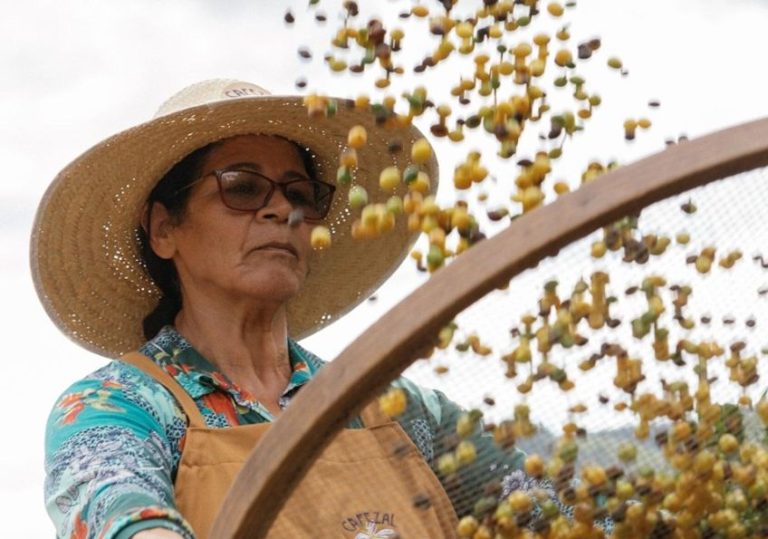São Paulo – The Brazilian Association of Specialty Coffees (BSCA) and the Brazilian Trade and Investment Promotion Agency (ApexBrasil) re-signed the project to promote Brazilian specialty coffees abroad for the next two years. One of the priority markets of “Brazil. The coffee nation” are the countries of the Middle East, especially Saudi Arabia and the United Arab Emirates. Other goals are to promote Robusta coffee abroad and offer the global market an original Brazilian blend of coffee (pictured above, a coffee plantation).
According to the executive director of BSCA, Vinícius Estrela, demand from Arab customers for Brazilian specialty coffees stems from more significant promotion and growing consumption: “In the Middle East, we noticed a growing interest in specialty coffees after Expo 2020 because we exhibited at the Brazil pavilion on that occasion. So we started going to shows and seeing people’s interest in specialty coffees, especially visitors from Saudi Arabia and the UAE,” said Estrela to ANBA.
Specialty coffees are beans with little to no defects and differentiated sensory attributes. They must have certified traceability and comply with environmental, economic, and social sustainability criteria at all stages of production. Specialty coffee costs higher than regular-grade coffees that are not certified as specialty.
According to Estrela, there is growth in the consumption of specialty coffees in Dubai, Abu Dhabi, and Saudi Arabia. After Expo 2020 in Dubai, BSCA participated in two other events in the emirate: World of Coffee and an action at Gulfood, the main food show in the Middle East.
“We have more demand from the Arabs, who are traditional customers, but generally for a lower quality coffee than specialty. In part, it stems from promoting our products, or the local market demand, which is also opening up to more products,” he said. China, Indonesia, and Malaysia are other target markets for this new partnership with ApexBrasil.
Evolution of coffee
Other goals of the partnership with ApexBrasil are bringing to the world a new variety of specialty coffees and an original Brazilian blend of beans and promoting Robusta coffee, a species less used than arabica, with a more bitter taste and higher caffeine content.
In the case of robusta, explained Estrela, BSCA and the producers invested in improving the product, managing the crop, harvesting, and beans. In addition, they invested in training professionals specializing in grading and certifying the quality of coffee. The improvement of Robusta coffee and the development of an original Brazilian blend are evolutions in the quest to offer the market a better sensory experience.
Translated by Elúsio Brasileiro









